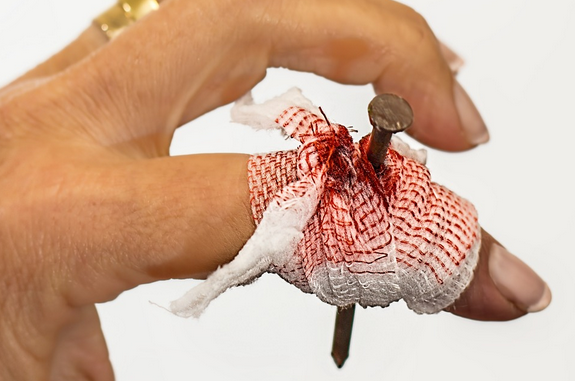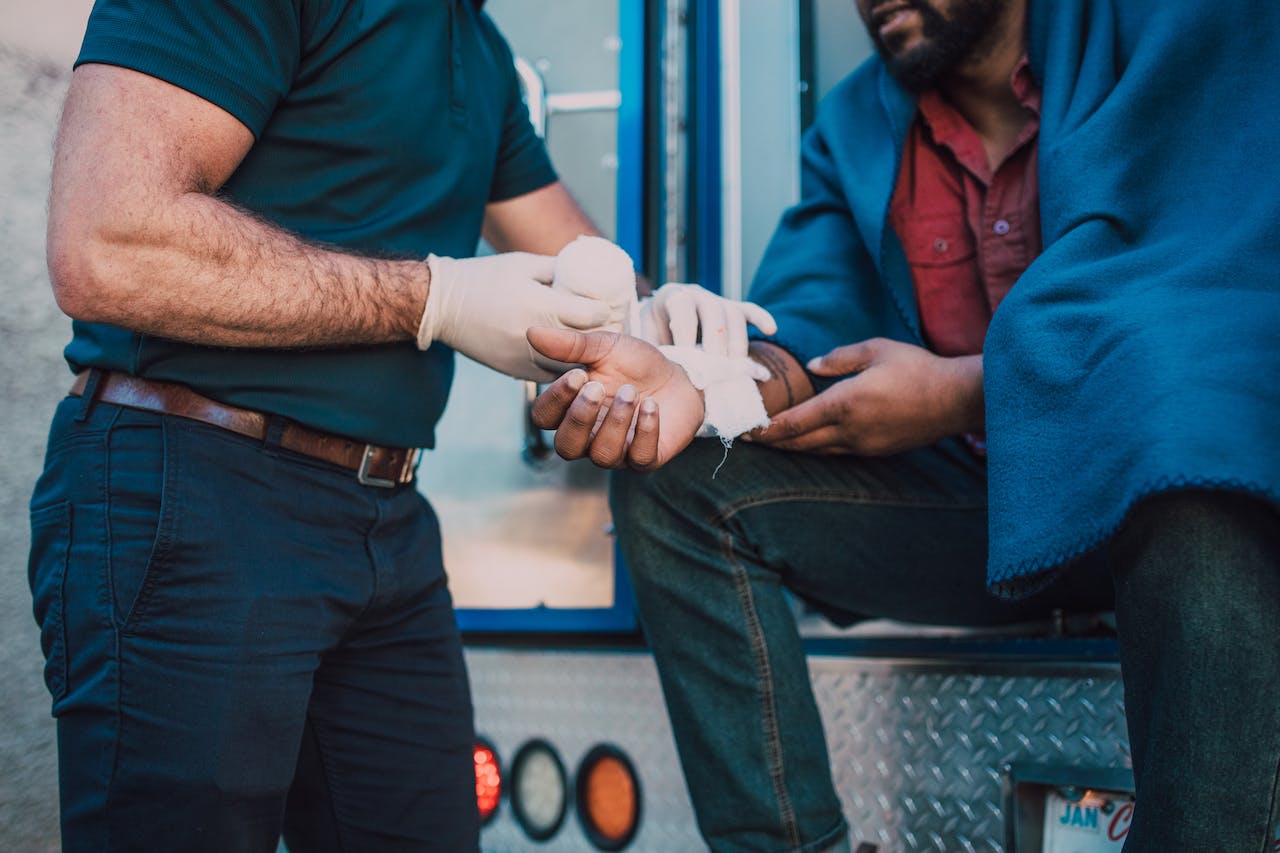
Personal injury cases often hinge on the determination of fault, which plays a crucial role in establishing liability and determining compensation for the injured party. Understanding how fault is determined and the legal considerations involved is essential for navigating personal injury claims effectively. In this article, we’ll delve into the key factors and legal considerations in determining fault in personal injury cases.
Basics of Fault Determination
Fault determination in personal injury cases revolves around establishing negligence, which refers to the failure to exercise reasonable care that results in harm to another person. A Texas truck accident lawyer can attest to the complexity of fault determination, especially in cases involving commercial vehicles like trucks. These accidents often require a deep investigation into various factors, such as driver negligence, vehicle maintenance records, company policies, and compliance with state and federal regulations. The party deemed negligent is typically held liable for the injuries and damages caused. Proving fault involves demonstrating four key elements: duty of care, breach of duty, causation, and damages.
Duty of Care
The concept of duty of care refers to the legal obligation to act reasonably and prudently to prevent foreseeable harm to others. For example, drivers must operate their vehicles safely, property owners must maintain safe premises, and healthcare providers must provide competent care. Establishing a duty of care is the foundational step in determining fault.
Breach of Duty
A breach of duty occurs when a party fails to meet the standard of care expected under the circumstances. This breach may involve reckless behavior, negligence, or intentional misconduct. Evidence of a breach of duty is essential in proving fault and liability in personal injury cases.

Causation
Causation establishes the link between the breach of duty and the injuries sustained by the plaintiff. There are two types of causation: actual cause (cause in fact) and proximate cause (legal cause). Actual cause refers to the direct link between the defendant’s actions and the plaintiff’s injuries, while proximate cause considers foreseeability and the scope of liability.
Damages
In personal injury cases, damages refer to the losses and injuries suffered by the plaintiff as a result of the defendant’s negligence or misconduct. Damages can include medical expenses, lost wages, pain and suffering, emotional distress, and property damage. Calculating and proving damages is a critical aspect of determining fault and assessing compensation.
Contributory Negligence and Comparative Fault
In some jurisdictions, the concept of contributory negligence or comparative fault may apply. Contributory negligence occurs when the plaintiff’s own actions contribute to their injuries. Comparative fault compares the degree of fault between the plaintiff and defendant, and the resulting compensation may be reduced based on the percentage of fault assigned to each party.
Determining fault in personal injury cases requires a thorough understanding of legal principles, evidence gathering, and strategic advocacy. By considering key factors such as duty of care, breach of duty, causation, and damages, individuals involved in personal injury claims can build strong cases and seek fair compensation for their injuries. Legal expertise and guidance are invaluable assets in navigating fault determinations and achieving favorable outcomes in personal injury litigation.





